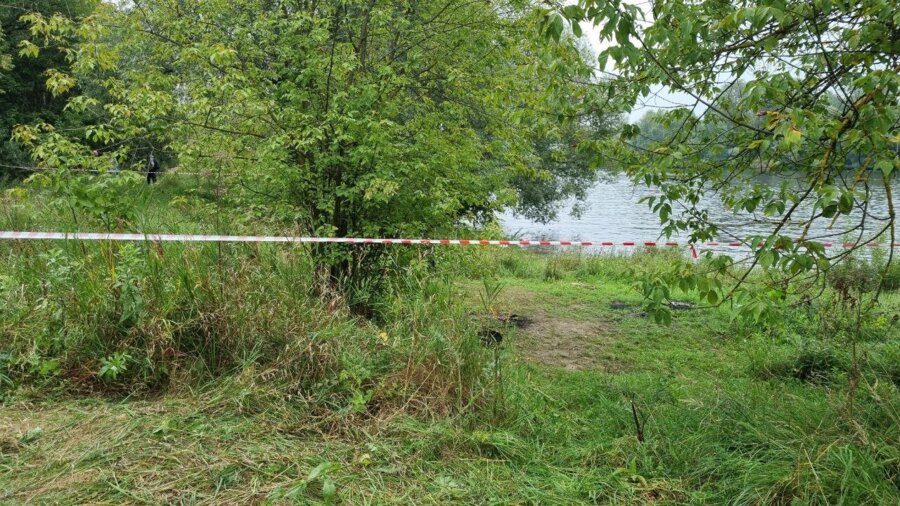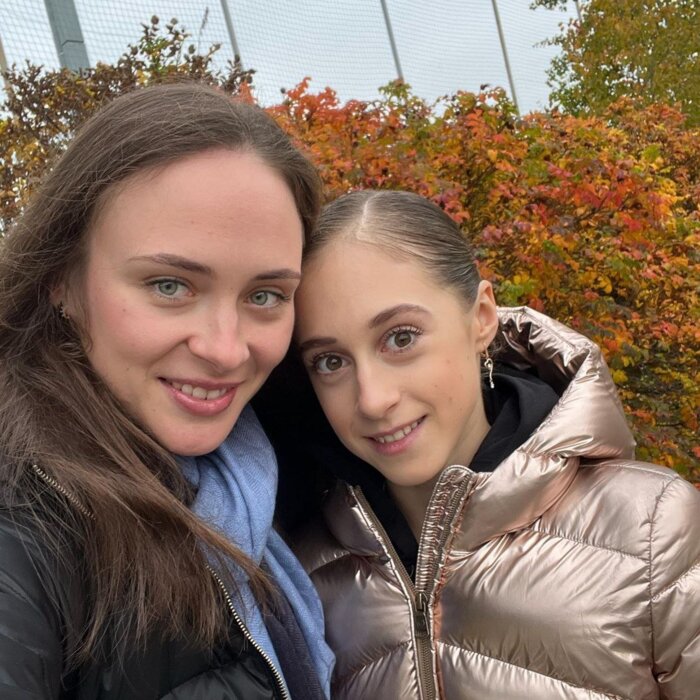The main topic of recent days is the sudden disappearance of 16-year-old figure skater Alina Gorbacheva. On Monday evening, she left the Chkalov Arena ice rink in the direction of the park, after which her track was lost. Gorbachev ceased to communicate and until a certain moment did not fall into the field of vision of surveillance cameras.
On Tuesday, an active search for the figure skater began. Representatives of law enforcement agencies were involved, divers examined a section of the Moskva River near the beach, where Alina allegedly went, a detachment of the Lisa Alert organization of 90 people launched a raid. In the evening, the situation was resolved – the investigative commission reported that the figure skater was found safe and sound in the cinema of one of the shopping centers.
During research, the story sparked a lot of speculation and gossip. The press and telegram channels reported that Gorbachev had fallen out with coach Sofya Fedchenko or even wanted to leave her. The figure skater’s grandmother and uncle spoke harshly against Fedchenko – they called her “toxic” and accused her of “reflashing” her ward’s brain and forbidding her to communicate with relatives .
From the first interviews with Alina herself, it is known that since the age of nine she has lived with her trainer. Mom did not support her desire for professional figure skating, because of which they had conflicts. The situation is complex and it is impossible to make a categorical judgment about it. One thing is clear: Gorbachev had reasons for committing such an act. The correspondent of “” learned from psychologist Daria Yarema what could lead to such behavior.
“Athletes live in more difficult conditions than us,” Yarema told . It’s hard for a child. Especially for a child who was taken from his family at the age of nine. Personally, I’m not sure she wants it.
– Alina herself said in an interview that her relationship with her mother was not developing very well, but she put up with it. She also said that she was very fond of the coach – Sofia Fedchenko, and she herself wanted to live with her.
– But, you see, a difficult situation. She had several important adults in her childhood, conditionally: mom, dad, grandmother. She was taken away from them and she stopped communicating with them. It’s a psychological trauma. I wonder what Alina would say about this not in an interview, but in a conversation with a psychologist. I don’t know if this is a normal situation for the sport.
– In a global sense, this cannot be called typical, but in figure skating there are situations where an athlete lives with a coach.
But they continue to communicate with their parents. And here, not only was the child torn from important adults at the age of nine, but also forbidden to communicate with them, in the words of my grandmother. The child simply found himself in another family, one might say, continued to live with an adoptive mother. Alina had to adapt to inhuman conditions: constant training, monotonous life. Of course, this affects the child’s psyche.
– Now they say that she is no longer a child, but a teenager, and that at 16 she must answer for her actions.
– Let’s say that in such conditions, not all adults will survive. And then there is the teenager! There are various conversations: that the reason could be an argument with the trainer, there is a version with a diet. What are diets for athletes, we know. Most often, this means that a person simply cannot eat until certain indicators are reached. Against this background, hormonal problems can begin. Alina’s body is now fundamentally changing, her psyche is also rebuilding. Wild loads, fitness requirements are superimposed on it. In other words, she is physically and psychologically uncomfortable.
When people are uncomfortable, they can say so.
– Adults come to a psychologist and, as a rule, do not know how to say “no”. They want a psychologist to teach them how to do it. In Alina’s case, a 16-year-old girl was able to say no. She might have thought about it for a year and decided, “Lord, why do I need all of this? Or maybe there was a standard process in the female body and she just freaked out. This we do not know. But the living conditions in any case greatly affect the psyche of Alina.
– It turns out that after such a breakdown, Alina can no longer do without the help of a psychologist?
– I think that when a child is removed from the family, he needs the constant help of a psychologist. For example, for sports, it is an acceptable situation when a child lives with a coach, but still it is necessary to constantly monitor his condition.
– Often, athletes in personal form have a trainer – and dad, and mom, and a friend, and a psychologist.
– Well, that’s the problem. The coach has isolated the girl, but she needs support, a place where she can express herself, say whatever she thinks. Although Alina is not going to give up the sport, she still needs to let off steam. Constant work with a psychologist is simply necessary for him. I repeat, she was needed at the beginning, when she was sent to live with a coach at the age of nine.
– In our society, it is most often not customary to think about mental health. In sports, they pay attention when such cases arise.
– In principle, there is such a specialty – a sports psychologist. I hoped they would be supported somehow. Because the children are placed in inhuman conditions. Even adults who have been on TV shows like Ice Dancing have said how difficult and painful it is.
What words should Alina say now?
First, you have to ask her what she wants. I don’t know how willing she will be to talk, given the pressure from the adults. In a good way, Alina needs a psychologist and time to open up and start trusting this specialist. It is clear that at first she will be pinched and will not say anything. She just needs time to regularly go somewhere and share something. Somehow let your emotions out.
Source : MatchTV
I’m John White and I’m an experienced journalist working in the news industry. My specialty is covering sports news, which I’ve been doing for over 6 years now. During this time, I have worked as an author with Athletistic, a popular online news website focusing on sports topics.




